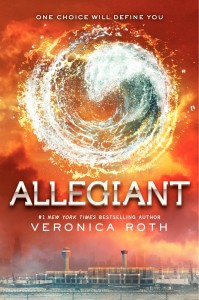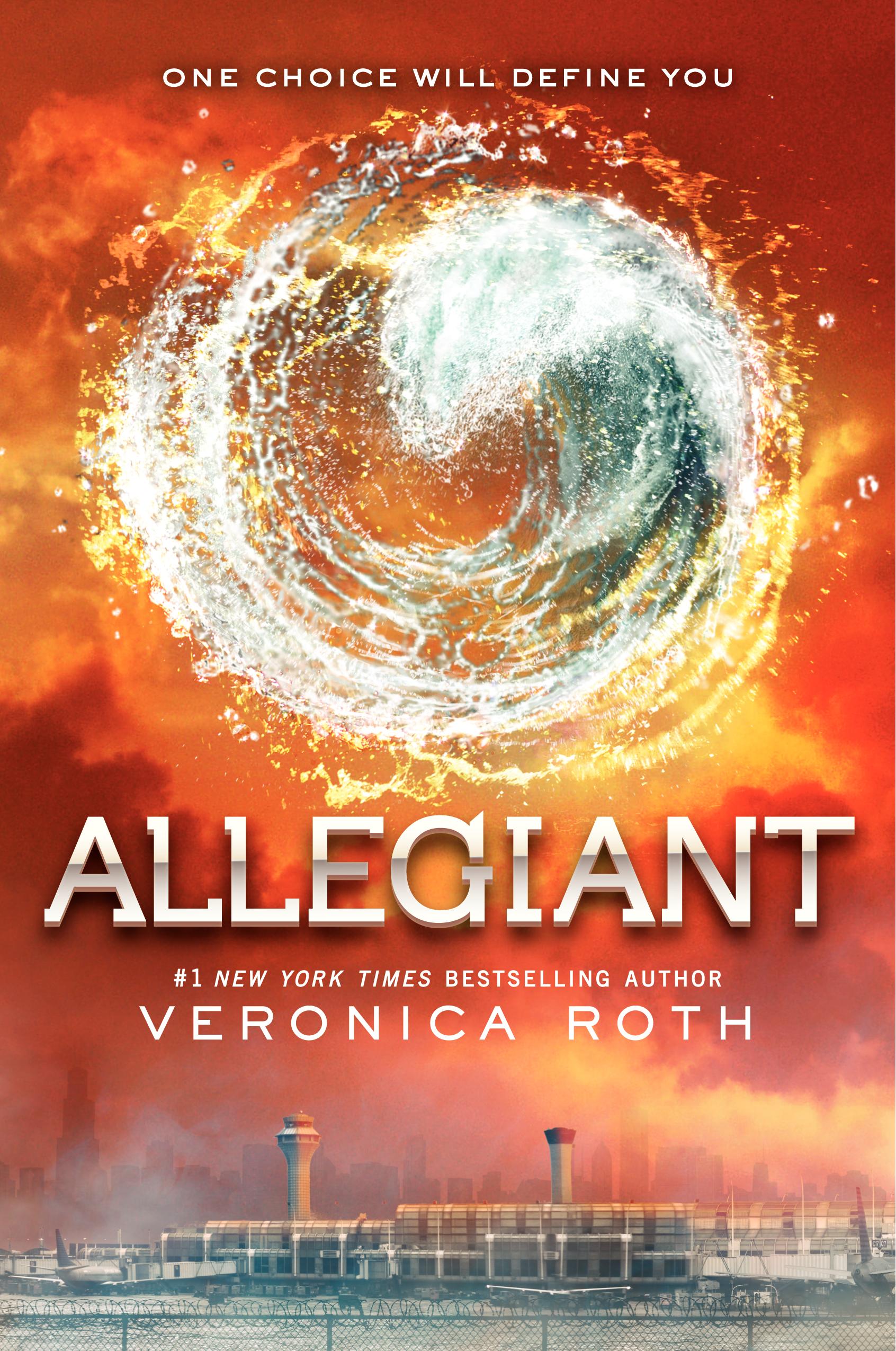Veronica Roth’s increasingly popular “Divergent” trilogy has been garnering massive attention, with favorable comparisons to “The Hunger Games.” One would expect the last novel in the series, “Allegiant,” to capitalize on the plot elements that made previous entries a success; however, it might be the book that ends the franchise before it can explode in popularity. Unfortunately, she ends up doing a disservice to both her fans and to her own work, abusing the endless plot revelations to negate much of her previous efforts.

The “Divergent” novels take place in a futuristic Chicago closed off from the outside world. Government, social life and commerce run through five factions, each of which focuses on a different trait such as honesty and friendship. Failure to succeed in a faction sentences one to a life of poverty and homelessness. Heroine Beatrice Prior discovers that she has equal aptitude for multiple traits — a phenomenon known as “divergence” that the intelligent Erudite faction will do anything to eliminate from the population.
Although she has been raised by the self-sacrificing Abnegation, Beatrice chooses to join the courageous Dauntless when she comes of age and renames herself Tris. Dauntless initiation tests Tris’ physical strength and her emotional conviction, as she is forced to fight against her friends and explore the darker elements of her personality. As her initiation comes to an end, she learns how to harness the power of her divergence in spite of the danger it brings and begins an unlikely relationship with the troubled trainer Tobias. Her hopes of leading a happy life are dashed when the Erudite launch a war to eliminate both the Abnegation and Divergent. As one of the only citizens who can escape Erudite mind-control, Tris finds herself a leader in a war where no one is a civilian.
Roth is an expert plotter, and the chaos that she orchestrates is a fascinating exploration of a war in which no side has the tools needed to win. Tris comes across as an interesting character because she is the opposite of Katniss Everdeen — sheltered but moving towards a hardened state of maturity. Although descriptions of individual characters are repetitive and quite weak, large-scale set pieces are tremendously well constructed. The second book ends with a massive twist: The faction system is simply an experiment created by a larger authority to escape a mysterious, more ominous problem.
As a result, “Allegiant” bears a much greater weight than most final books; much of the world-building that typically occurs in first novels has to occur in “Allegiant,” and indeed it does. Although the broken nation Roth envisions leans towards generic dystopian fiction more than one would hope, she fleshes out the world in a comprehensive fashion — it feels like more characters and terms are introduced here than in the other books combined.
Unfortunately, Roth becomes so revisionist as to be maddening. Some of the plot twists introduced in previous novels are suddenly no longer important. It is not hard to imagine Roth haphazardly choosing what elements she wanted to discard or keep. Wildly important new technology appears without previous mention, and prior revelations are dismissed as being exaggerated for the purposes of propaganda. Fans of the series often point to the unique moral message of the first two novels regarding the necessity of being a true individual; the third book puts a greater emphasis on the potential danger of genetic discrimination. Although Roth develops this theme effectively, it disregards much of the meaning of the previous two books and makes the factions emotionally irrelevant.
Romance, almost prerequisite for young adult fiction, has been the weak point of this entire series. Although Tris and Tobias are both complex and interesting individuals, their romantic exchanges are glaringly rudimentary and tepid, and little is gained from shifting the narrative voice between them to show their different perspectives on certain events.
“Allegiant” is quite exposition-heavy in its first half, leading to significant pacing issues. In a sense, this is even worse than the disjointedness in “Mockingjay” and “Harry Potter and the Deathly Hallows,” as one barely has an idea of the climax to anticipate.
“Allegiant” has a shocking, horrifying ending that has earned Roth both wild praise and death threats. Unfortunately, it isn’t good writing. The twist is cleverly foreshadowed, but the situation is simply not epic enough for the tremendous sacrifice being made. In addition, the book ends rather abruptly after the climax; although the epilogue is quite poignant, the main plot of the book is rather sloppily resolved in favor of emotional resolution. Regardless of how the incipient “Divergent” movie fares, it is highly unlikely that “Allegiant” will gain the positive reception or widespread goodwill that its predecessors achieved.
